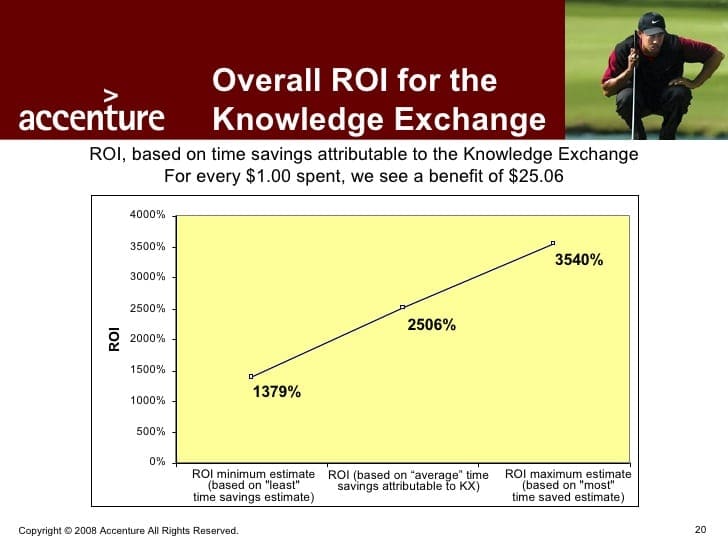
Favorite Too much knowledge is a bad thing. It’s better to drink from the fountain, than be hit by the firehose. Larry Prusak and Tom Davenport wrote in their classic book “Working Knowledge” that “Knowledge can move down the value chain, returning to information and data. The most common reason
Read More
 Shared by Nick Milton February 9, 2018
Shared by Nick Milton February 9, 2018

Favorite The almost inevitable outcome of “now knowing what you don’t know” is wishful thinking. Even the use of benchmarks may not help. Wishful thinking is one of the curses of project management. Any project team without a perfect knowledge of the challenges that they will face in a project,
Read More
 Shared by Nick Milton February 8, 2018
Shared by Nick Milton February 8, 2018

Favorite Last week I described a “Pull cycle” for knowledge – let’s now look at the feedback loops in that cycle. You can find description of the cycle here. This is a cycle based on knowledge demand (unlike the supply-side cycles you normally see) and includes the following steps; The
Read More
 Shared by Nick Milton February 7, 2018
Shared by Nick Milton February 7, 2018

Favorite This post from the archives describes a strange statement from a client, and some of the thoughts it raised for me at the time. “Today we get married to Knowledge Management” That was the, shall we say, “unusual” statement made by the convener of a KM seminar that I
Read More
 Shared by Nick Milton February 6, 2018
Shared by Nick Milton February 6, 2018

Favorite Even in the most progressive organisations, sometimes the boss needs to drive a “culture of asking.” Here is how Elon Musk did it. Image from wikimedia commons Musk’s email is quoted here, and seems to have been sent in response to a dissatisfaction with default communication and knowledge sharing
Read More
 Shared by Nick Milton February 5, 2018
Shared by Nick Milton February 5, 2018

Favorite One of the most important elements for a successful community of practice is the Charter. But why is this? Setting up an online Community of Practice can sometimes feel like going out to sea in an open boat. You are never sure what is going to happen. There are
Read More
 Shared by Nick Milton February 2, 2018
Shared by Nick Milton February 2, 2018

Favorite There are 6 ways in which an organisation can acquire new knowledge Davenport and Prusak (that classic of the genre, first published in 1998). give six ways of knowledge creation within a company (and by creation, they don’t necessarily mean “creation from nothing” – they mean acquiring that knowledge in-house). There
Read More
 Shared by Nick Milton February 1, 2018
Shared by Nick Milton February 1, 2018

Favorite One of the ways in which KM adds value is through helping poeple do work faster and better. Here is a story of howAccenture estimated that value. Accenture make documented knowledge available to their staff through a portal known as KX. IN order to estimate the value delivered through KM
Read More
 Shared by Nick Milton January 31, 2018
Shared by Nick Milton January 31, 2018
Favorite Knowledge has a half-life, and that half-life is getting shorter every year. When John Browne was CEO at BP, he talked about “the shrinking half-life of ideas”. This always struck me as a very interesting concept; one which was fundamental to Browne’s approach to corporate KM. I have since found that
Read More
 Shared by Nick Milton January 30, 2018
Shared by Nick Milton January 30, 2018

Favorite We are used to seeing pictures of knowledge cycles, but there is one cycle you never see, and it’s very important. You can find very many versions of the knowledge cycle, and they all seem to work the same way. They start with “Create” or “Capture”, and progress through
Read More
 Shared by Nick Milton January 29, 2018
Shared by Nick Milton January 29, 2018
![]() Shared by Nick Milton February 9, 2018
Shared by Nick Milton February 9, 2018








